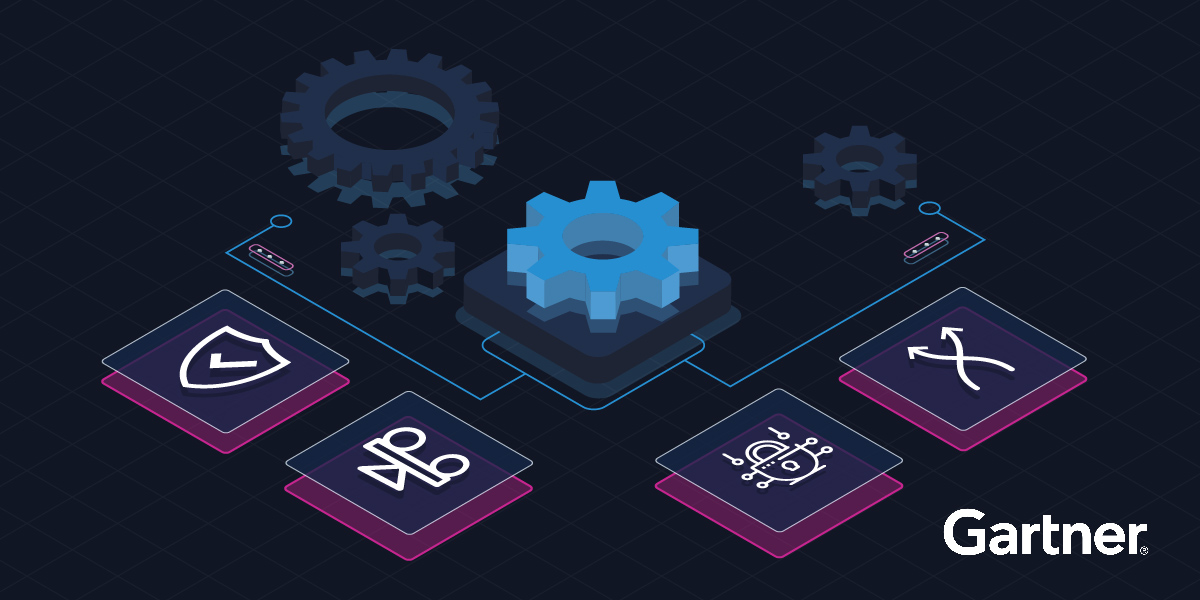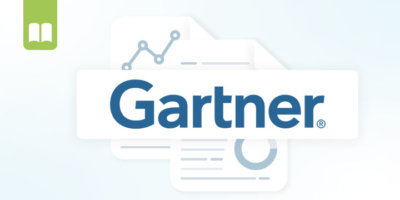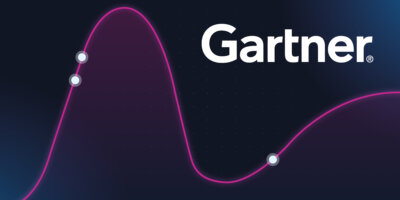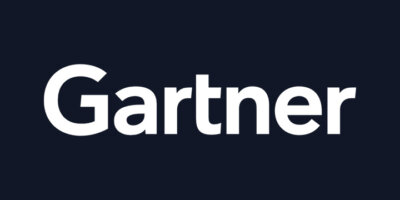The changing business and technology landscape is putting more demand on infrastructure delivery teams, and I&O leaders are under pressure to accelerate infrastructure deployments without compromising on stability, reliability, security, or flexibility. The new Gartner® Market Guide for Infrastructure Automation and Orchestration Tools, which names Itential as a Representative Vendor, highlights the importance of expanding infrastructure delivery capabilities by investing in new solutions and transforming the way infrastructure services are built, deployed, and consumed.
Historically, infrastructure orchestration has been “underutilized by I&O teams due to perceived complexity, assumed loss of control, and steep skill requirements.” However, two factors are pushing organizations toward orchestration:
- Increased need due to the complexity of modern hybrid infrastructure across on-premises, public cloud, private cloud, edge, and colocation.
- Increased capability due to the maturity of infrastructure orchestration solutions like Itential that provide comprehensive integration capabilities and streamlined, low-code workflow orchestration.
Gartner’s recommendation: I&O leaders must invest in infrastructure automation and orchestration (IA&O) solutions to meet customer demand, with the goal of increasing infrastructure agility and enabling self-serve and platform engineering operating models.
Why Expanding Infrastructure Orchestration Is Key
According to the report, infrastructure automation and orchestration developed due to “the need to drive speed, quality, and reliability with scalable approaches for deploying and managing systems.” Today, most organizations engage in automation but have room to grow in terms of orchestration.
The growing integration of cloud services, DevOps, and platform engineering is driving a need for broader infrastructure orchestration to deliver services that satisfy user needs. I&O teams must transition from merely automating tasks to orchestrating complex workflows that enable the creation of standardized, repeatable, scalable processes to accelerate and optimize infrastructure delivery, mitigate risk, and enable autonomy. This standardization and end-to-end orchestration enables self-service for infrastructure consumers through internal platforms — an approach known as infrastructure platform engineering (IPE).
Here are the benefits of leveraging IA&O solutions to enable an IPE approach, according to the report:
- Reduces friction between teams, streamlining collaboration and accelerating complex IT processes.
- Reduces developer cognitive load.
- Enables organizations to embed security and compliance requirements directly into orchestrated infrastructure services.
By investing in infrastructure orchestration solutions, I&O leaders will enable their organizations to evolve and unlock new levels of efficiency and agility, delivering complex infrastructure services across hybrid infrastructure to diverse end users through an internal platform.
Gartner’s Must-Have Capabilities for Infrastructure Orchestration
The Market Guide provides a list of must-have capabilities and recommended capabilities for infrastructure orchestration:
- Orchestration engine able to execute complex delivery and operational workflows.
- Catalog of integrations to common infrastructure and other tools.
- Supplied and user-generated library of templates defined as code.
- Environments/deployments described and managed as code.
- Self-service portal for end-user interaction.
- API access for deployment of environments/templates.
- API for invocation of workflows.
- Extensible ecosystem to integrate additional security, testing and cost optimization tools.
- Deployment of tooling as on-premises, cloud, or SaaS.
- Low-code interfaces to speed adoption.
The right solutions will accelerate service delivery and enable self-service “without sacrificing stability, reliability, governance, security, or flexibility.”
Low-Code Multi-Cloud Orchestration: How Itential Accelerates Infrastructure Delivery
The Itential Automation Platform is built for organizations who want to evolve. Our platform enables teams to orchestrate processes across networks and infrastructure, integrate with everything in their infrastructure stack, and expose workflows for consumption via API or through a visual self-service interface. Itential meets the mark on each of the must-have capabilities listed above. For a full breakdown of Itential’s features and capabilities, check out this white paper.
One aspect of Itential that’s highlighted in the report as an important capability is the fact that engineers can utilize a low-code interface to build, manage, and deploy orchestration workflows. As stated in the report, tools that provide low-code interfaces can speed adoption. Learn how Itential users can orchestrate complex workflows without code here.
The goal of expanding automation and orchestration for infrastructure, according to the report, is to expand self-service capabilities and enable infrastructure platform engineering “while maintaining operational excellence.” Learn how Itential supports platform engineering for networks and infrastructure on this page.
Overall, the report presents four high-level recommendations for I&O leaders: increasing infrastructure agility, increasing adoption with low-code interfaces and genAI capabilities, building a cohesive tooling strategy, and ensuring your approach enables infrastructure platform engineering to “deliver secure, reliable infrastructure platforms that meet customer needs.” With Itential, organizations can achieve all four of these, unlocking the potential of infrastructure automation and orchestration to transform operations and maximize efficiency across the business.





